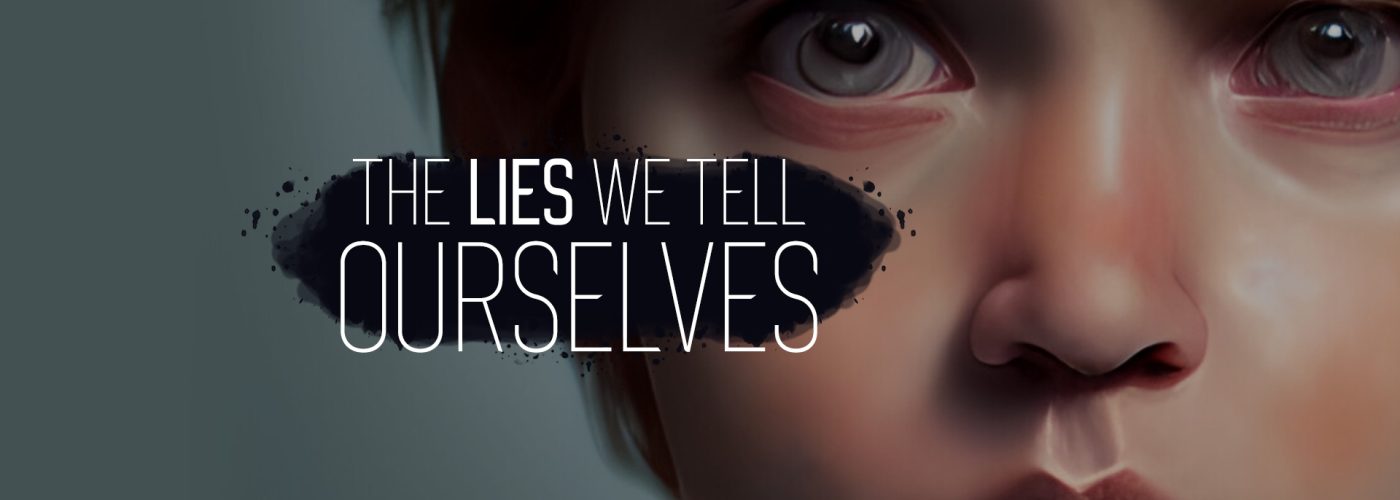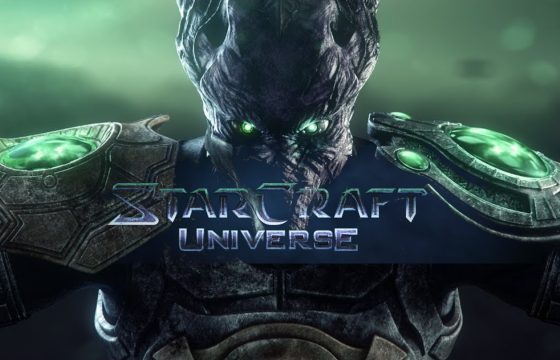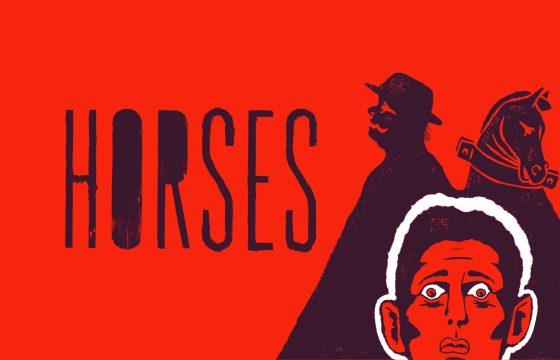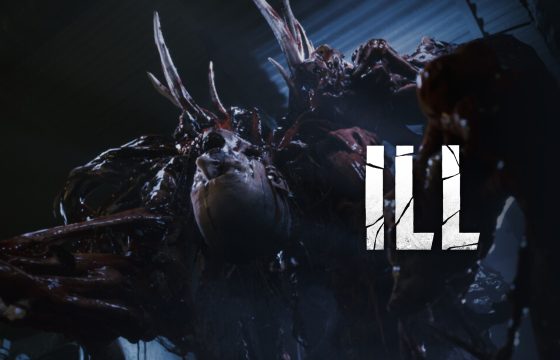We creep into young Vincent’s mind, solving puzzles to learn his story.
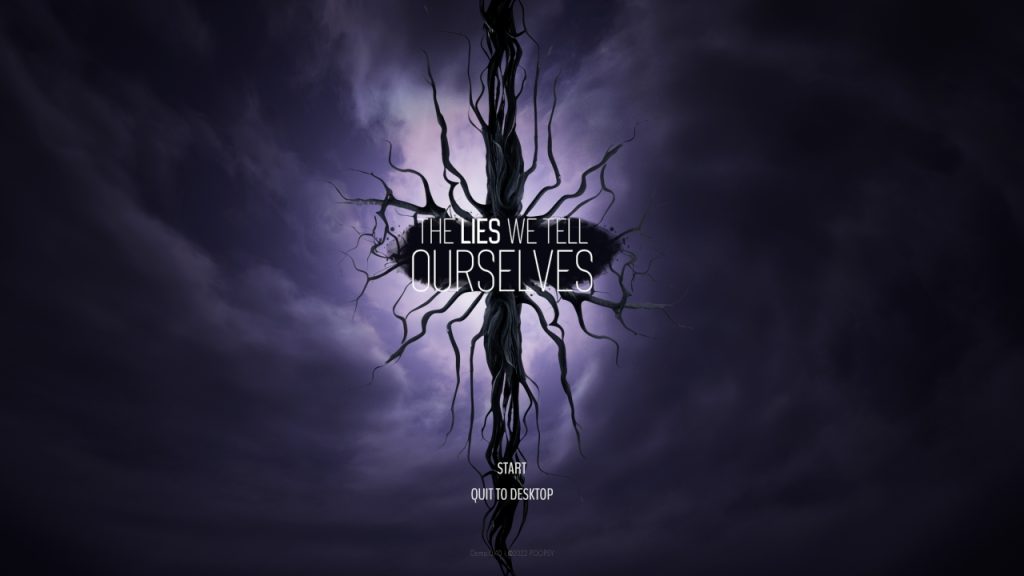
The Lies We Tell Ourselves, developed by Poopsy, is a first-person 3D psychological horror game that unfolds through a series of puzzles that lead to understanding or possible free interpretations of the game. It talks about Vincent and his story.
I had the opportunity to try the beta version of the demo downloadable for free on Steam, in which there are several updates and it has a longer duration, and while I won’t be able to talk about it much because of spoilers, there are some things that can be safely discussed while waiting to be able to play it in its entirety, hopefully by 2023.
WHAT DO WE KNOW ABOUT VINCENT?
Vincent is our protagonist, or rather, we, the players, will be in his shoes.
He is a modern-day boy who still lives with his parents and appears to live a carefree existence.
The game begins on his twenty-seventh birthday, when he returns home drunk and is locked out. Given the time, he decides to find another way of access so as not to wake his parents, who appear to be intolerant of their son’s behavior.
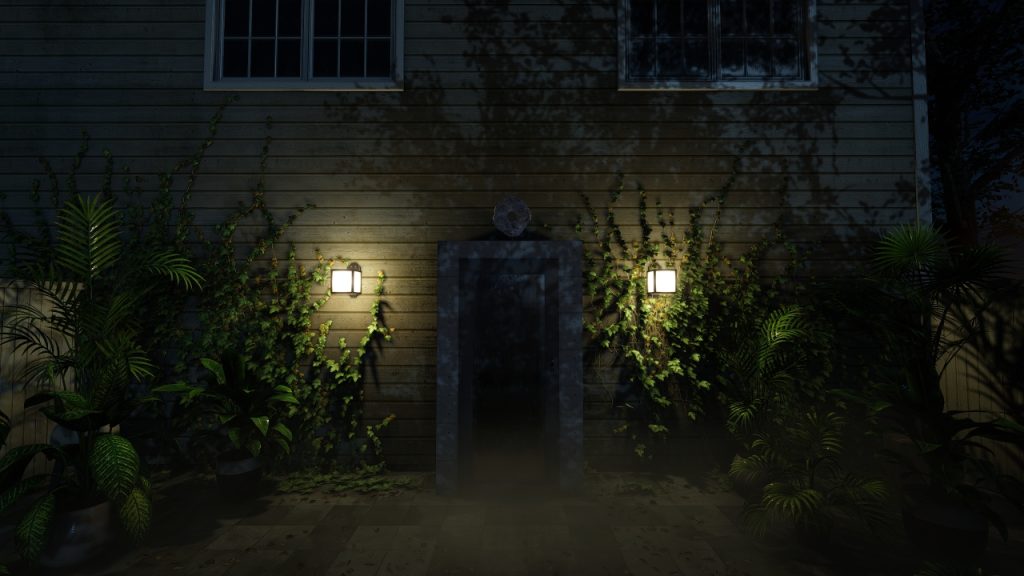
He is obviously dressed up for the party, but his choice of attire suggests that he is concerned with aesthetics. He might even be a little shallow.
Without going into some demo details and, more importantly, without having played the full title, little else can be said about his nature.
Will our protagonist’s personality be revealed gradually, or will he remain placid and bewildered throughout the game? I’ve got an idea, even though I’m sure there’s a lot more to learn about our dear Vincent than the fact that he appears to be irresponsible and little sympathy.
THE SETTING
Vincent talks about lies and the darkness of his mind, which leads us to believe that we will be exploring this darkness.
It begins with a real situation and progresses to a place that appears real but isn’t. The reference to The Room from the Silent Hill series is quite clear to me.
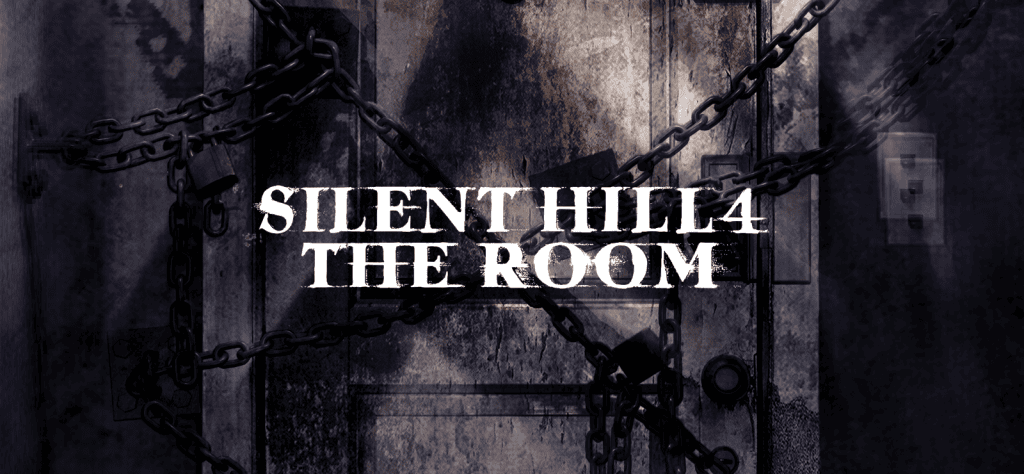
To avoid spoilers, I can tell you that we will transition from what appears to be an exploratory game with common, calm, and clean scenarios to a horror-tinged dimension that is very disturbing and appears to be dangerous. The atmosphere shifts dramatically, even if there is some tension even in the “normal” parts.
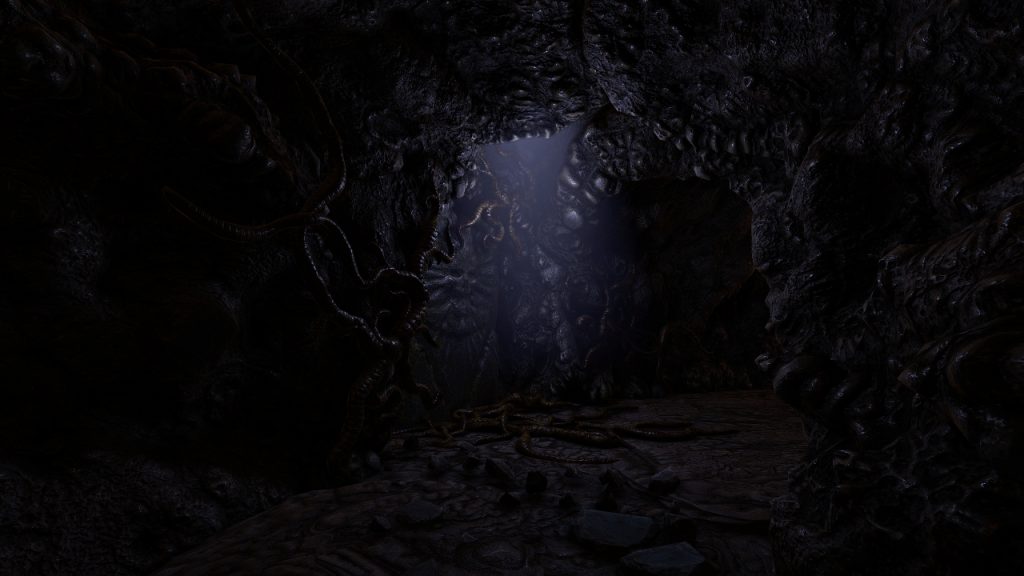
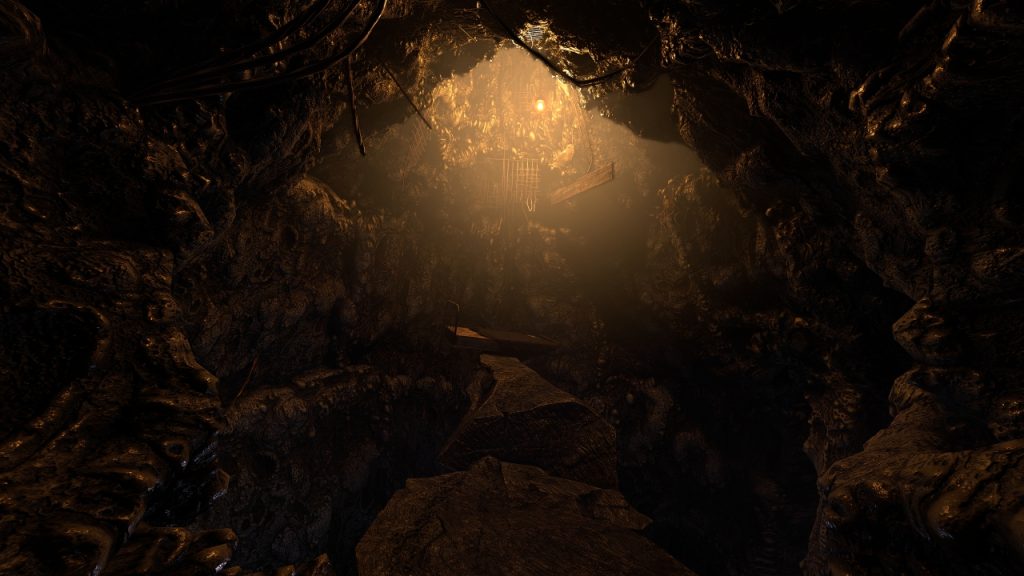
There are also clear references to Amnesia: The Dark Descent and SOMA, particularly in the game’s structure and nature. A highly psychological game in which the most intense battles take place within one’s own mind.
We have seen excellent examples of video games in recent years that deal with sensitive issues such as mental diseases or social unease, and Darq, Hellblade, Shady Part Of Me come to mind.
Given the premises, I am confident that the game’s mature and disturbing themes are handled sensitively.
With gameplay that serves the story rather than the other way around, The Lies We Tell Ourselves is ideal for those who want to enjoy a well-crafted and elaborate narrative without foregoing action, stealth moments, and boss fights.
I’m waiting to be able to delve deeper into this somewhat dreamlike, somewhat real journey without making too many assumptions that could turn out to be incorrect and misleading.
THE GRAPHICS ARE THE PART THAT INITIALLY STRUCK ME THE MOST ABOUT THE GAME
Behind the graphic work, which can be overly technical and depersonalized at times, there is Poopsy himself, the sole author of the entire project if one excludes his manager cat, who handles the game’s affairs but not its creation. So Poopsy is another One Man Band to whom my compliments go, for the idea, the commitment and the determination.

I’d like to point out that the artwork known as the game’s cover was created entirely in digital painting, even if it appears to be the result of AI.

Poopsy has a gentle and refined hand, which I can understand as a painter. I’m really fell in love with his painting style.
This is also evident in a slew of aesthetic choices, such as the precise arrangement of objects in the rooms and the rooms themselves, which are subtly adorned with decorative elements. In some ways, it’s simple but effective.
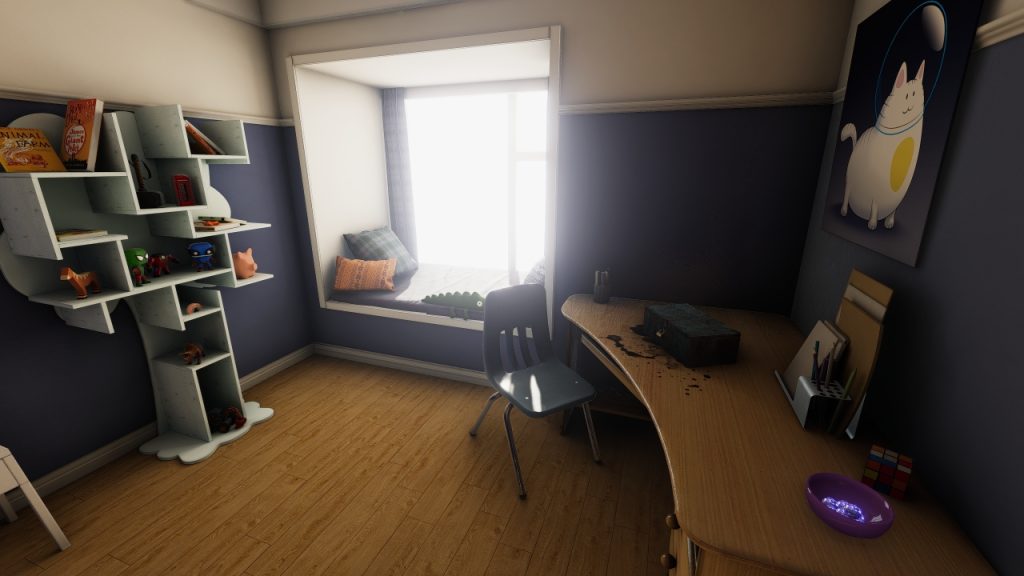
The 3D models are quite accurate, and there are a large number of them that can be thoroughly examined.
NO GAME FOR NEWBIES
The puzzles‘ difficulty level is not impossible, but neither is it immediate.
Since I am not a long-time expert, I immediately recognized the importance of having some experience with this type of video game.
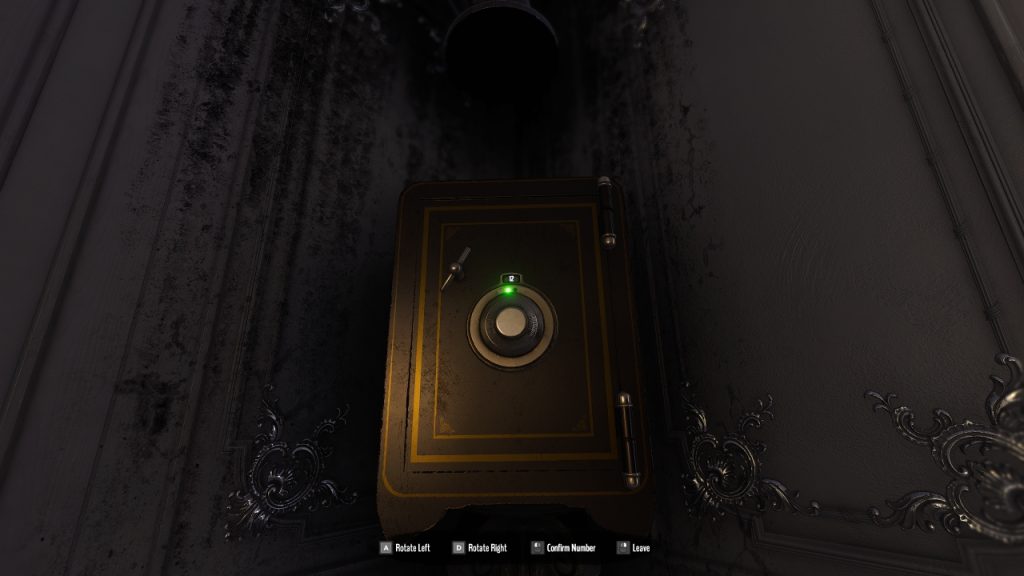
To continue on the path, the habit of in-depth exploration and the search for every possible element, even the most insignificant, must be well developed.
Let’s say you have to be good truffle dogs, which is undeniably exciting, even if the clues aren’t always intuitive in my opinion.
In short, some flaws in game design in this regard, in which the player is expected to do far too much. However, we’re talking about a demo, so the author must still add some finishing touches.
Even experienced players may find it difficult to use physics in certain actions. It loses some playability but gains realism.
The puzzle solutions, in addition to making you sweat, always provide elements of the story in a very accurate and in-depth manner, without falling into superfluous information. Every word and detail does not appear to have happened by chance. However, it can be difficult to notice all of the nuances at times.
IN CONCLUSION
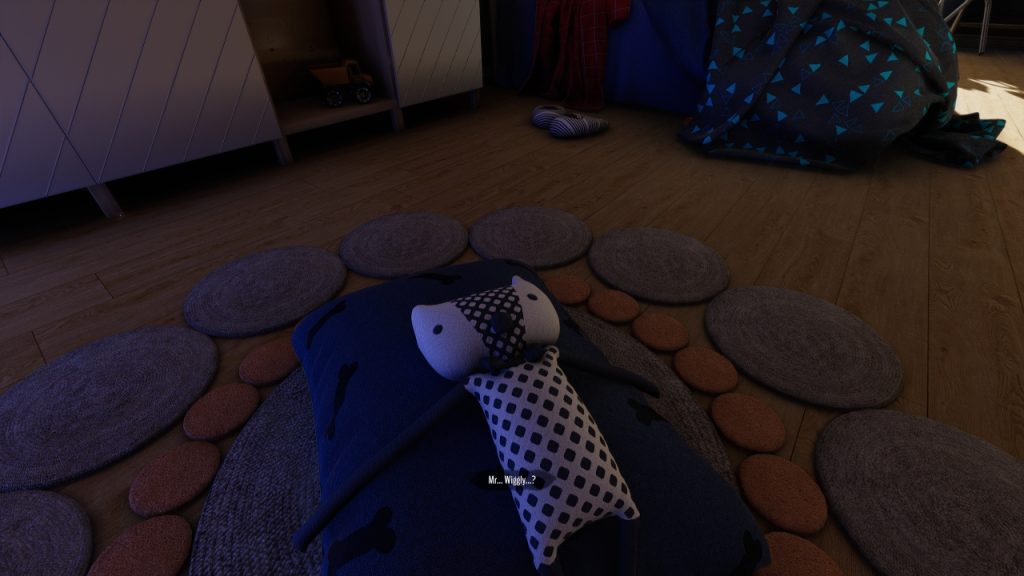
I’d like to meet Vincent. I’d like to know what happened to him, what he did, and who he truly is, as well as his backstory.
Poopsy was excellent in this. He was able to lay the groundwork for creating interest, curiosity, and suspense.
I can’t wait to play this still-undiscovered gem, even though I know it’ll be a bit exhausting for me. I’m confident it will be worthwhile in the end.
The Lies We Tell Ourselves on Steam

